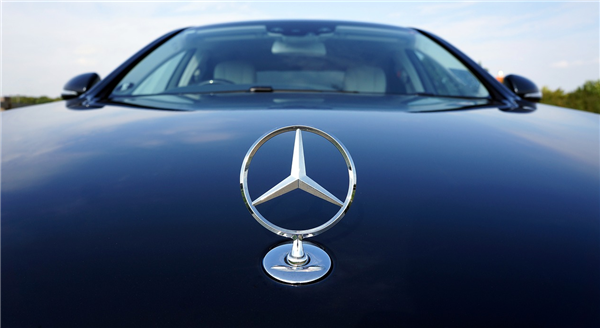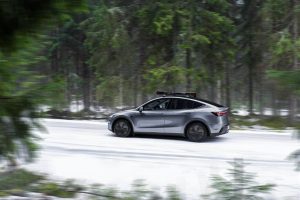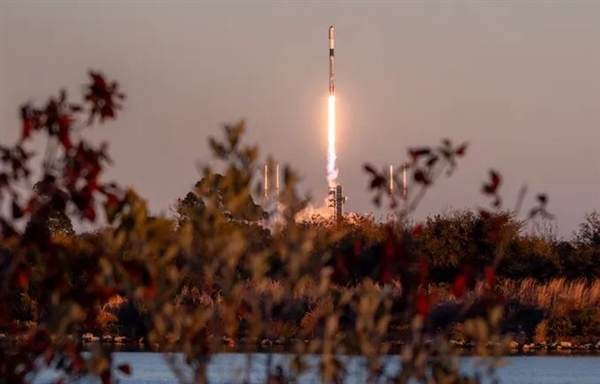August 29, 2025 – Yesterday, Ola Källenius, the CEO of Mercedes-Benz and also the chairman of the European Automobile Manufacturers’ Association (ACEA), posted an open letter on LinkedIn. In this letter, he addressed Ursula von der Leyen, the President of the European Commission, urging her to re – evaluate the ban on the sale of new internal – combustion engine vehicles set to take effect in 2035.
Källenius argued that equating the 2035 ban on fuel – powered cars with zero carbon emissions is a “narrow assumption.” He pointed out that the carbon emission targets for passenger cars and vans outlined in the EU ban are far from reasonable.
“With only a decade left until 2035, achieving the goal of zero carbon emissions for passenger cars and vans in such a short period is absolutely impossible,” Källenius emphasized.

However, there is still a chance for this ban to be postponed. Källenius believes that if the EU truly wants to rectify this wrong decision, it can discuss this issue during the strategic dialogue on September 12. At that time, the ban may be re – examined and even its implementation could be delayed.
Earlier this year, the EU reaffirmed the 2035 ban. But it did offer some breathing room for automakers. For instance, it relaxed the carbon emission targets that were originally scheduled to take effect in 2025. Automakers are now allowed to calculate carbon emissions on an average basis from 2025 to 2027, rather than having to meet the targets year by year.
German media outlet Motor1 commented that if the EU’s 2035 ban is implemented as planned, it will have far – reaching impacts on the global market. Such a forced policy will force automakers to completely abandon fuel – powered cars in the EU region. It might even reshape automakers’ global product strategies, and their business operations could be significantly affected.
It should be noted that on February 14, 2023, the European Parliament officially passed the EU’s 2035 ban on the sale of new fuel – powered passenger cars and small vans. However, at that time, the EU also proposed two exemptions: vehicles running on synthetic fuels (e – fuel) could continue to be sold, and small automakers with an annual production volume of less than 10,000 units could also continue to sell fuel – powered cars, but all of their vehicles must achieve 100% zero emissions.












